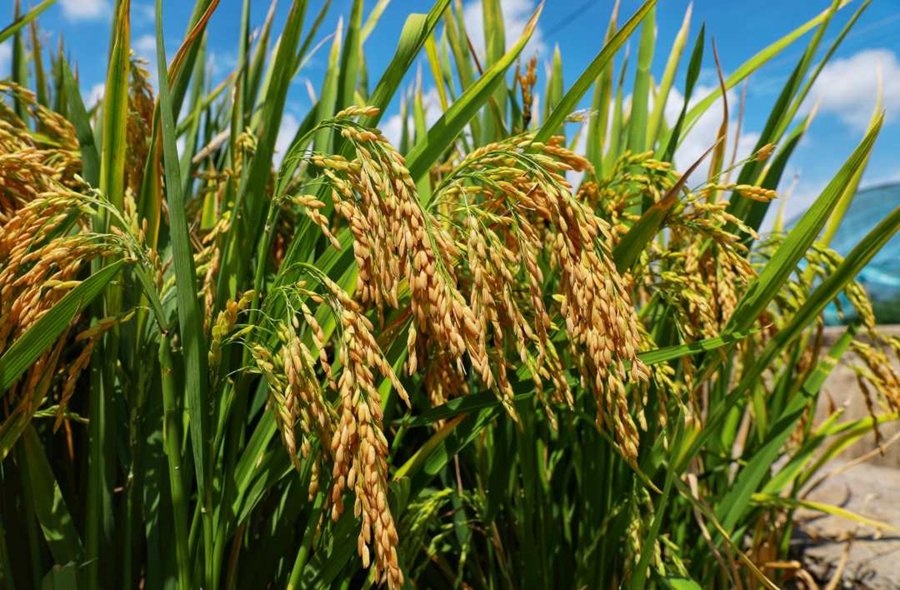Thursday, 13 November 2025

The Federation of Seed Industry of India (FSII) welcomes the High Court of Punjab and Haryana’s decision to set aside the blanket ban on hybrid rice in Punjab, allowing the sale of centrally notified varieties. Ajai Rana, Chairman of FSII and MD & CEO of Savannah Seeds, called the ruling a landmark affirmation of science, innovation, and evidence-based policymaking in Indian agriculture.
“Hybrid rice delivers 5–6 quintals higher yield per acre, matures faster, conserves up to 30 per cent water through Direct Seeded Rice, and reduces emissions, providing farmers a reliable and sustainable pathway for productivity. All notified hybrids undergo rigorous ICAR multi-location trials and meet national milling standards, including FCI’s 67 per cent Out Turn Ratio, ensuring consistent quality and farmer confidence,” said Rana. He added, “While restrictions on non-notified hybrids remain, FSII member companies release seeds only after extensive evaluation across diverse agro-climatic zones, adhering to the Seed Act, 1966 and Seed Control Order, 1983. Variety notification in India remains optional, reflecting the flexibility and scientific rigor of the sector.”
The Court’s decision underscores the limits of state authority in regulating centrally notified seeds, ruling that the Punjab government did not have statutory power to impose a blanket ban under the Seeds Act, 1966. While the Court upheld restrictions on non-notified hybrids under prior administrative orders, it emphasized that banning notified varieties without consulting the Central Seed Committee exceeded the State’s competence. The Union of India also highlighted that hybrid development is a national priority, and ad-hoc state bans could disrupt inter-state trade, violating Article 301 of the Constitution.
The verdict restores legal clarity for the seed industry and farmers alike. It reaffirms that states must operate within the framework of central laws, ensuring that future interventions are consultative, transparent, and science-driven. For farmers, it means renewed access to high-yield, water-efficient, and fast-maturing hybrids. For the industry, it restores stability for upcoming sowing seasons and reinforces confidence in India’s hybrid seed ecosystem.
“This episode also illustrates how abrupt policy shifts create uncertainty for farmers and disrupt industry operations. FSII remains committed to working with Punjab, other states, and central regulators to promote transparent, science-based policies that empower farmers, conserve groundwater, and strengthen national food security,” Rana concluded.